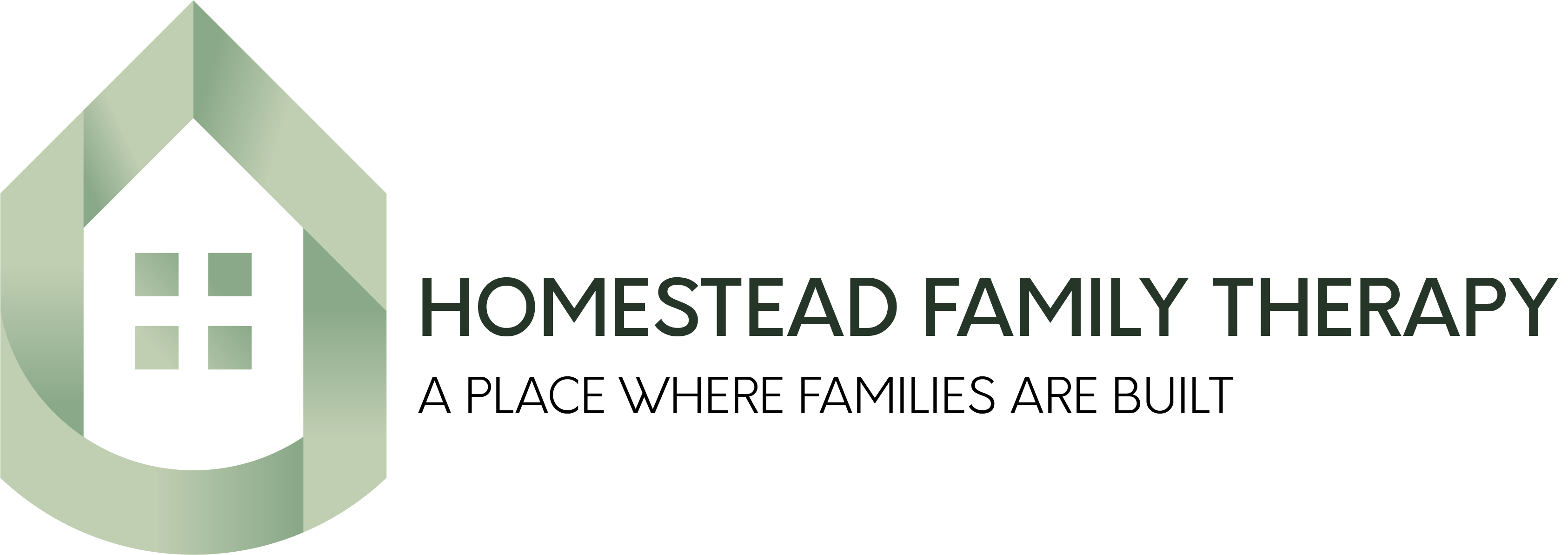Most couples that come to my office for couples therapy say they want to improve their communication. Their thought process is valid: if we can improve our communication our relationship will get better.
You are better at communication than you believe. When you want something enough you communicate that want clearly and repeatedly. Remember trying to get that water refill at the busy restaurant?
The big problem in communication comes when you build expectations of what other people should understand. When you get married, you are around your spouse a lot. Like every day and even at night-a lot! Because you are around this person so much you begin to build an understanding of how they think and act, maybe even an ability to predict with some accuracy what they will say. While this can be a great party trick with your single friends, showing your Prof. X and Jean Grey’s telepathy, assuming erodes effective communication. You move from spending hours just listening to the other person talking so you can hear their voice to making decisions based on what you believe they will say, feel, and do. So how can you avoid this common relationship pitfall?
Here are two tactics to start right now to improve the communication in your relationship.
Work to understand what your partner is saying.
Understanding seems simple but it’s probably the toughest part of communication. Why? Well, because you understand what you hear through the lens of what you would say and mean. Often your idea of understanding is literal. How many times have you been fighting only to wind up fighting about what one person actually said versus what they meant to say? Instead of trusting what your spouse is saying you might insert what you think they mean. Sometimes you may even impose what you think you would mean from the same statement. This creates a big problem. No one is a mind reader. We don’t know what a person means beyond what they say. So when you distrust what your spouse says or impose your idea of what they should mean you miss a big opportunity to understand your spouse.
Work to build understanding through trust. Trust what your spouse is saying they feel and need.
Ask clarifying questions.
Fact: communication is hard! There is the message you want to share, the meaning behind the words you chose, and the words you say. Then, there are the words your partner hears, the meaning they put onto those words, and the message they compose. That’s half the communication journey. The second half is just like the first but in reverse. Your partner responds to you with a version of your message that they think you meant based on what they understood. Geez, no wonder we get confused. It’s like you are in a constant game of telephone and the string isn’t tight enough; this is where you need good questions to help. These are clarifying questions.
The next time you have a conversation with your spouse try these clarifying questions in the place of a statement.
- What I hear you saying is…(insert what you heard)…did I understand you?
- Can you rephrase what you just said? I don’t think I understood it well.
- Are you feeling…(insert feeling)?
- Can you help me understand this better?
Recap
You can improve the communication with your spouse by working to understand what they are saying and why they said it with good clarifying questions. When you give your undivided attention to your spouse, intending to make them feel heard, I promise the satisfaction level of your communication in your marriage will improve.
If you enjoyed this post you may also enjoy this post, Why You Should Have hard Conversations
HELP IS AVAILABLE
If you are struggling to navigate the complexities of marriage, don’t hesitate to get help. At Homestead Family Therapy, we provide a unique plan created specifically to meet your relationship needs. We offer services throughout Pennsylvania, including in-person sessions in Gettysburg and East Berlin. We also offer HIPAA-compliant telehealth options statewide.
READY TO BEGIN THERAPY IN PENNSYLVANIA?
Contact Homestead Family Therapy today and learn how we can help support you. Just call (717) 482-1971 or schedule your complimentary consultation online here.

